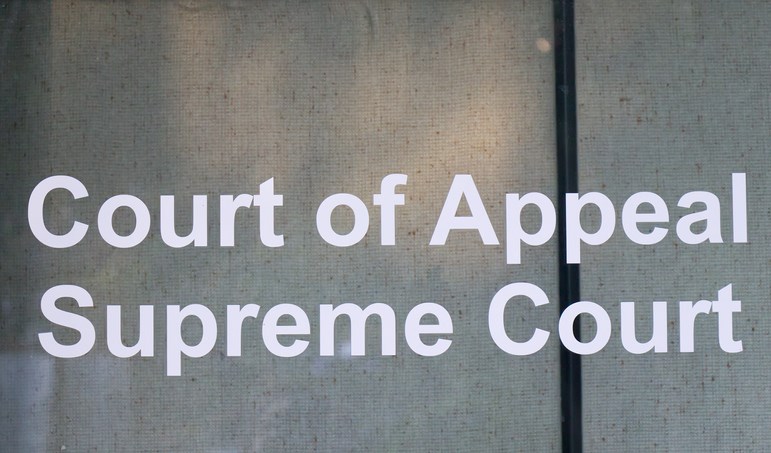B.C.’s Court of Appeal has dismissed an appeal from a man convicted of supplying the drug MDMA to a dealer who then sold it to an undercover police officer.
Stephen Hai Chen was charged with trafficking in MDMA between February and August of 2015. The single count alleged a continuing offence during that period.
Chen was alleged to have repeatedly supplied that drug in one- or two-kilogram amounts to Tarsen Jawanda, who then sold it to an undercover cop. The single count comprised nine such transactions.
Justice Terence Schultes, the B.C. Supreme Court judge who presided at Chen’s trial, said the case was based on circumstantial evidence, in particular on inferences to be drawn about Chen’s participation detailed from police surveillance, interception of his private communications, documents connecting him to various relevant entities and Jawanda’s statements to the undercover officer.
The officer began receiving small samples of MDMA from Jawanda, then progressed to the kilogram鈥憀evel purchases that Chen was alleged to have supplied.
The officer said the kilograms of MDMA were going to be resold through his connections back east, leading to the establishment of a regular supply of the drug from Jawanda for that purpose.
Schultes said the evidence in six of the transactions were consistent with Chen’s guilt.
Chen argued there was not basis for the order authorizing the interception of communications. He argued the trial judge erred in law in his treatment of what he describes as the ‘voice identification’ evidence from those intercepted calls.
Court of Appeal Justice Gregory Fitch also disagreed with that as he did with Chen’s argument asserting that Schultes erred by failing to provide sufficient reasons for his verdict.
"The verdict was not unreasonable," Fitch said. "The judge's reasons were thorough and sufficient for appellate review."
The case came about as the police investigated alleged drug offences involving four people in 2014 and 2015.
The investigation concerned opium importation, cocaine importation from Washington State, and a plan to export MDMA from B.C. to California and import cocaine from California.



